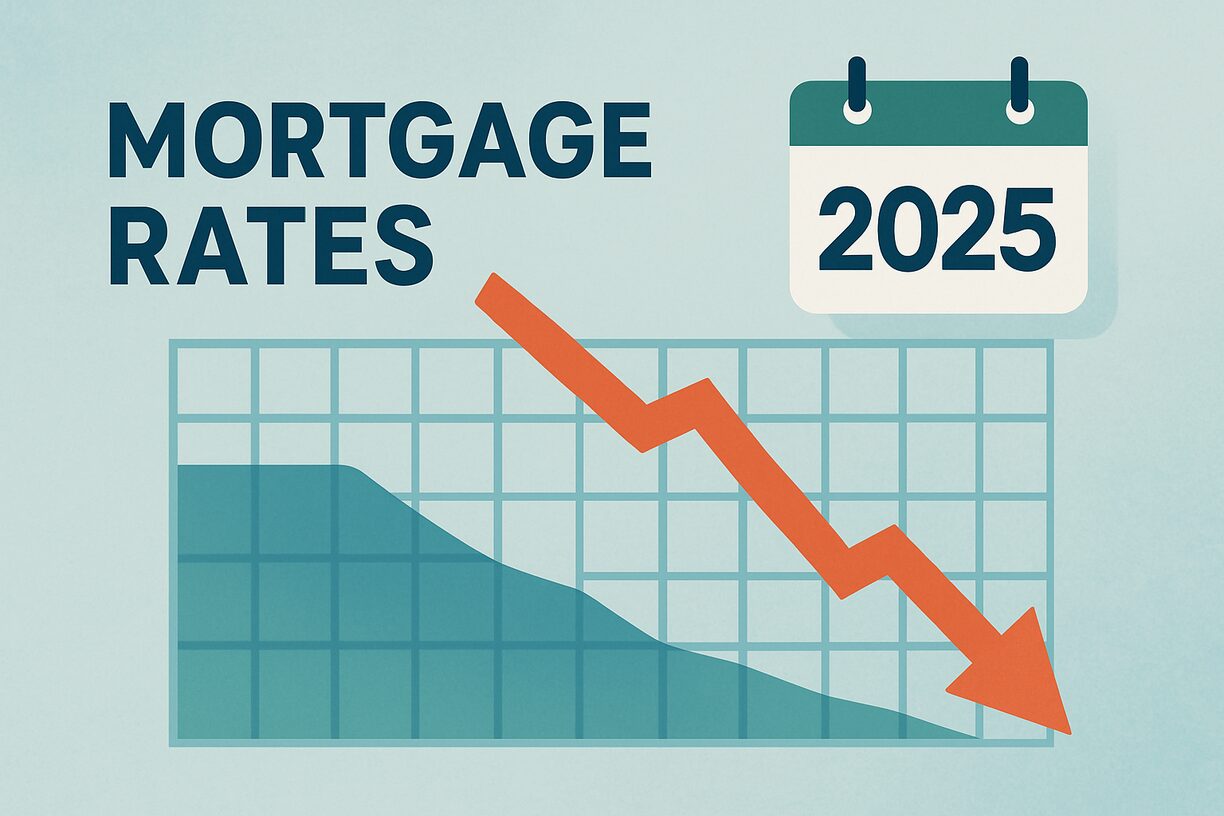Breaking Down the Jargon: Deciphering Real Estate Contracts
April 20, 2023

Real estate contracts can be overwhelming for anyone, especially first-time buyers or those who are not familiar with the real estate jargon. From “contingencies” to “earnest money,” these technical terms can feel like a foreign language. But don’t let the language barrier keep you from understanding what you’re signing! In this blog post, we’ll break down common real estate contract terms and explain them in understandable terms so that you can make informed decisions about your next property investment. So sit tight and get ready to decode some industry lingo!
What is a Real Estate Contract?
Real estate contracts are written agreements that outline the terms and conditions of a real estate transaction. These contracts can be used for a variety of purposes, such as buying or selling a property, leasing a property, or obtaining a mortgage. The terms of a real estate contract may include the purchase price, closing date, contingencies, and other important details related to the transaction.
Key Elements of a Real Estate Contract
Real estate contracts can vary in complexity and length, depending on the nature of the transaction. However, most contracts contain the following key elements:
- Parties involved: The names and addresses of the buyer and seller must be clearly stated in the contract.
- Description of property: The legal description of the property, including the address and any other relevant details, should be included.
- Purchase price: The contract must state the purchase price of the property, which may be subject to negotiation.
- Contingencies: Contingencies are conditions that must be met before the sale can be completed, such as the buyer obtaining financing or the seller making repairs to the property.
- Closing date: The contract should specify the date when the sale will be finalized and the property will transfer ownership.
- Earnest money: This is a deposit made by the buyer to demonstrate their commitment to the transaction. The contract should specify the amount of earnest money and how it will be handled.
- Easement: An agreement that grants one party the right to use another party’s land for a specified purpose. For example, an easement may grant a utility company the right to run power lines across a piece of property.
- MLS (Multiple Listing Service): A database of homes for sale that is maintained by real estate agents and brokers.
Importance of Understanding Real Estate Contracts
Real estate contracts are legally binding agreements, which means that both parties are obligated to fulfill their obligations under the contract. Failing to understand the terms of the contract can lead to misunderstandings and legal disputes. For example, if a buyer fails to meet a contingency, the seller may have the right to cancel the sale and keep the earnest money. On the other hand, if the seller fails to disclose a material defect in the property, the buyer may have grounds to cancel the contract and seek damages.
Therefore, it is essential for both buyers and sellers to fully understand the terms of the contract before signing. This may involve consulting with a real estate attorney or a licensed real estate agent, who can provide guidance and ensure that the contract is fair and legally binding.
How to Prepare Yourself Before Negotiating a Contract
It’s important to be prepared before negotiating any contract, but especially a real estate contract.
1. Do your research. Know what you’re getting into and what you want out of the deal. This will help you form realistic expectations and know when to walk away from the negotiating table.
2. Be clear on your bottom line. What is the minimum amount you’re willing to accept? If the other party doesn’t budge on their offer, can you still make a profit?
3. Have a backup plan. What if the negotiation falls through? It’s always good to have a Plan B in case things don’t go as planned.
4. Stay calm and collected. Emotions can cloud judgment, so it’s important to stay level-headed throughout the process.
How Legal Representation can help in a Negotiatiion
When you enter into a real estate transaction, whether as a buyer or a seller, you will likely be asked to sign a contract. This contract will outline the terms of the transaction and will bind you to those terms. While some contracts may be simple and straightforward, others can be complex and confusing. A real estate attorney can help you to understand the contract and negotiate the best possible terms for your situation.
A real estate attorney can also help if there are problems with the transaction. For example, if the other party breaches the contract, an attorney can help you to recover damages or get out of the contract. An attorney can also assist if there are issues with the property itself, such as code violations or boundary disputes.
Overall, having legal representation during a real estate transaction can protect your interests and help to ensure that you get the best possible outcome for your situation.
In conclusion, real estate contracts are complex legal documents that require careful attention to detail. By understanding the key elements of these contracts, buyers and sellers can avoid misunderstandings and legal disputes, and ensure that the transaction is completed smoothly and successfully.

Hello! I’m Jay Thomas, a REALTOR in Houston, Texas. Chances are you and I share a similar passion, Real Estate! I also have a passion for building businesses, working out, inspiring others, technology, sports, and people. Connect with me on Facebook and Instagram!
Hello! I'm Jay Thomas,






